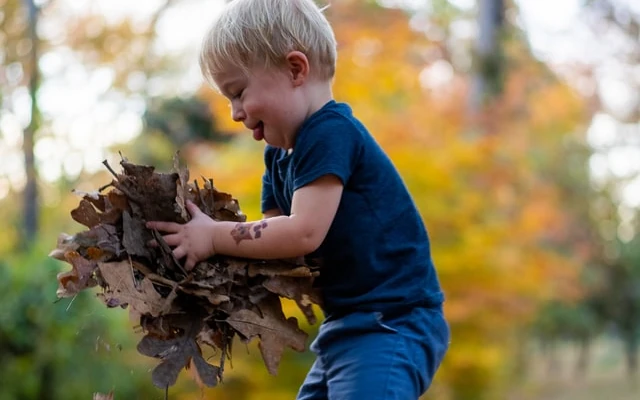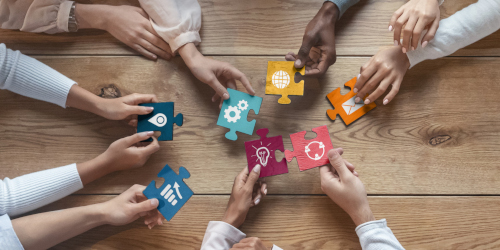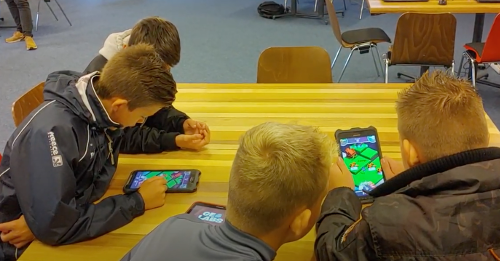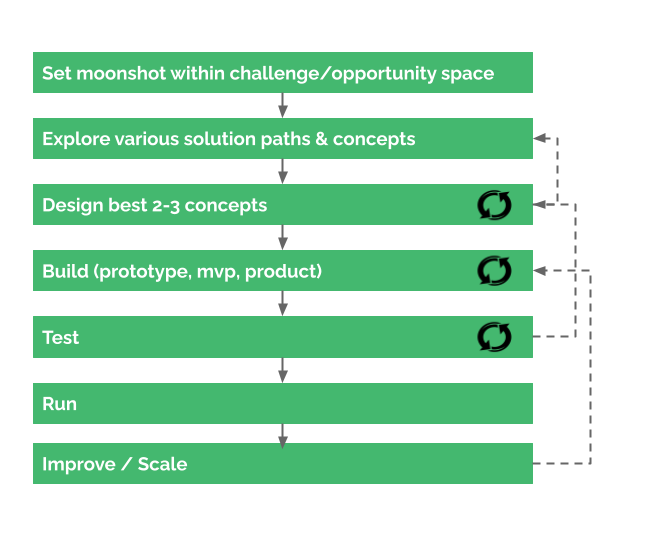How we work
You need a playful intervention that is not just fun. Users need to adapt behavior so that it impacts your goal. In comparison to normal game development, this requires a more holistic approach, more behavioral research and co-design activities.
With a team of behavioral scientists, play architects and game developers that fit your objective, zerow can deliver that to you.
The below 9 steps are a common process to develop a playful intervention.

1 | Goal setting workshop
What is your specific climate-change-related challenge? What would you like to achieve, strategically and specifically within this project? What is the accompanied behavioral adaptation that helps you reach your objective? Setting the right, measurable and realistic goals provide the basis for success.

2 | Target group behavioral research
The human mind is complex. To attain a structural behavioral adaptation, we need to understand the target group’s motivations, abilities and triggers. We perform qualitative research with a group of behavioral scientists to develop a solid profile.

3 | Create & review Play concepts (together)
First, we brainstorm with involved stakeholders (customer, target group, field experts, etc.) to ensure all possible & relevant ideas and insights are considered. Second, Play architects will play around with various play concepts fitting the target group profile. And finally, we’ll review with you what play concept is preferred to further develop.

4 | Develop a prototype
With the first prototype, we quickly test whether the playful intervention (or game) will actually reach our objective and project requirements, with a minimum set of resources. We develop, test, fine-tune, and repeat.

5 | Target group user test
To verify the playful intervention fits the target group, we need to test it with them. Is it fun enough, so users stay motivated to play? Does it increase their knowledge/abilities on the subject matter? In what way? These early learnings help us to efficiently spend our resources during production.

6 | Production
When we confirmed the intervention is effective, we start actual production. In several development iterations (i.e. sprints), the game will mature into a product that is 80-90% ready.

7 | Target group user tests (part 2)
During and/or after production, we will do some final user tests. How do players experience the game? Is it leading to a behavioral adaptation? What are things that can be improved or fine-tuned, to improve effectiveness?

8 | Finalize production
With the gained knowledge from the user tests we update and finalize the product.

9 | Delivery & distribution
The playful intervention is ready for implementation. We can discuss maintenance and performance tracking activities when needed. And if preferred, zerow can facilitate in marketing and distributing the product.
For private and public organizations
Both private and public (government) organizations have environmental challenges and opportunities.
And many of them involve human behaviour, often more than you think. zerow can help and facilitate in reaching these goals.

Playful interactions in two scenarios
Scenario 1 - You know the environmental challenge or opportunity, but do not yet have a solution
Brainstorming for solutions within established patterns (e.g. people, methods, space) can hinder you from coming up with the right solutions.
This changes when you design a playful process that breaks out of these established patterns and intrinsically motivates you to think of the right solutions.
Also, there is an option in which you do not even have to be involved yourself. Let complete strangers with a fresh perspective “play the game” and develop (un)conventional solutions to your challenge. These “citizen science” methods can prove to be the method you are looking for.
Scenario 2 - You have a solution for your challenge, but there is no benefit seen yet due to the unmet behavioural change
Are your solutions not having the desired effect? And you think human behaviour is a major factor?
By designing a playful process, people can adapt to the changed situation and consequently adapt their behaviour.
The process
From moonshot exploration to sustainable impact
To ensure we reach sustainable impact within your situation, we will guide you through our process.
It starts with setting the goal/moonshot (e.g. in a joint workshop), which will set the basis for developing possible play concepts.
Depending on your situation, the process may be adapted.

Ready to work towards a zero waste planet through play?
Let’s talk and see how play can help in your situation.

